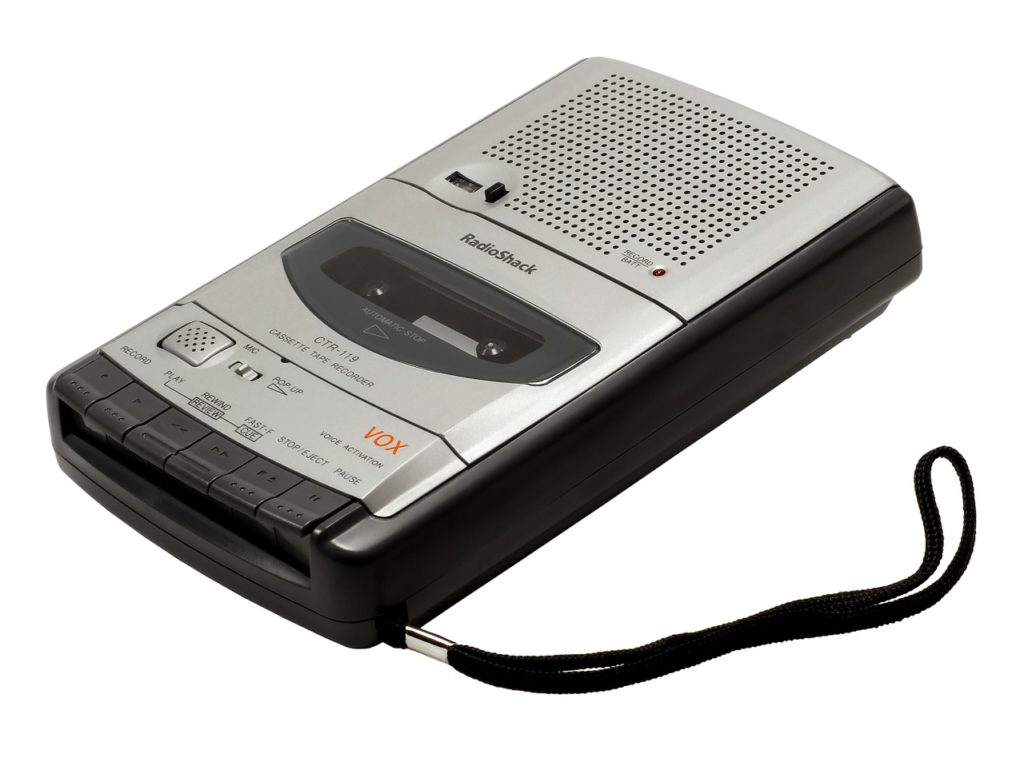
How to Improve Event Management with Event Ticketing Software
Event Ticketing Software as a Competitive Tool
As a live music professional in the event management space, you probably struggle to carve out a niche in this highly competitive industry. There are so many other actors (a few of them are giants in the industry) that independent venues and promoters find it challenging to play a relevant role.
Still, the David and Goliath scenario isn’t at all hopeless. Recent acquisitions don’t have to spell the end of the indie promoter or the locally-owned venue. According to a Pollstar article, “What consolidation means is that the division of markets gets smaller with more locally based promoters who apply their knowledge of booking and promoting to towns with nuanced economies, ticket-buying habits, and services.”
As an independent event manager or promoter, you have to work smarter than ever. You may not be able to compete with the national and international powerhouses regarding finances, resources, or influence, but you can implement technology to enable your success., This is where a powerful integrated event ticketing software comes in.
Many event managers are already seeing the benefits of unifying their management software with event ticketing systems, such as Etix, Eventbrite, and See Tickets. These are some of the most well-known platforms, allowing you to sell your tickets online to a broad audience.
The larger players use this type of technology, but the price has been prohibitive for many smaller companies. Instead, the smaller businesses deal with friction in the operations and sales processes. Venues often try to get ticketing companies to provide an integrated solution, but they fail to develop apps with the scalability, flexibility, and affordability these smaller venues require.
Fortunately, you have more options than in the past. More on those later.
Related: What’s Missing from Your Tour Management Software?
3 Benefits of Integrating with Event Ticketing Software Systems
Event promoters and venues who have integrated their management software with event ticketing software have noticed significant, measurable benefits which level the playing field for them. How? Take a closer look at the following advantages.
1) Streamlined Processes to Save Time
The live music industry isn’t immune to “legacy system sprawl.” Virtually every business is susceptible to this phenomenon today. In fact, up to 64 percent of organizations say they have more applications than they use.
They begin with one or more systems and then continually add more to the mix over time. Calendars, spreadsheets, planners, financial management: All of the platforms are separated from each other, meaning the user must navigate from one app to the next, often having to log in and out every time they need to use it.
Many of these systems are outdated and could trap data and complicate the network. Does this sound familiar?
Instead of helping you work more efficiently, the back and forth creates inefficient workflow productivity. If you are at this point, you probably wonder how integration is possible, if at all.
You may also be hesitant to transition to a more comprehensive solution because you fear the migration process could be costly and waste your time. If you get an all-in-one solution, you will instantly see each ticket sale as it happens, without having to navigate to the ticketing system to pull reports or wait for results from your ticketing company.
When companies integrate their event management software with event ticketing software, they no longer rely on the ticketing company to provide sales data, often after the show is over. With every sale being critical to the bottom line, the ability to view this data in real-time is a game-changer.
A streamlined ticketing process will save you valuable hours and money in the long run.
2) Automated Data Sharing for Faster, More Accurate Data
Another benefit of event ticketing software integration is increasing business intelligence. This means you have access to data immediately so you can make better, faster decisions.
Typically, the data you want to access is all over the place, but you likely aren’t seeing it. It’s tucked away in its own app, and it requires you to dig through each one to find it. Once you do, you must then manually transfer the data to another system. This introduces the risk for human error and sucks up an enormous amount of time and energy.
However, when you use an integrated platform, you suddenly have visibility into your business, as it happens. You can see how those ticket sales are impacting your bottom line, how your marketing efforts are resonating, where your break-even is, and so much more – all without sifting through manual spreadsheets or disconnected systems.
In a single view, with a click or two, you can access your budget, expenditures, and revenue. You can also see each ticket sale in real-time to make decisions about marketing and promotions, among other features designed to boost your productivity and competitiveness.
Related: Easing Promoter’s Workloads with Event Promotion Tools
3) More Ticket Sales with Reduced Bounce Rates
One of the biggest hindrances to ticket sales can be a promotional website with no ticketing integration. When fans come to your page to read about the concert, they want to buy tickets right there.
Without integration into the ticketing platform, they have to navigate away from your site to one where they can make the purchase. This is a huge no-no nowadays in the online world.
Just like a car dealership never wants a potential buyer walking off of their lot without selling a shiny new car, you don’t want an interested buyer leaving your website because they didn’t get what they needed when they needed it. When they bounce to another site, there’s a good chance they won’t come back or finish the buying process.
By streamlining the ticket buying process, you significantly increase the opportunity to sell and please the customer, who will then have a greater potential to share their positive experience with other interested buyers. They may even post your URL on social media, providing unpaid advertisement for you and a quick way to increase sales.
How to Integrate with Event Ticketing Software
Traditional event ticketing services companies are rarely the place to start when you want to integrate with their software. It sounds counterintuitive, but they still haven’t figured out an easy way to partner with other parties.
Look into a trusted and reputable API that provides one-click integrations with the event ticketing software as well as calendars, task management systems, financial systems, marketing systems, and more.
Some solutions offer their financials, networking, and calendar management components, but none of them provide the ticketing side. The API is the only way to integrate, but not all APIs are the same. Be sure the vendor you choose has an API without technical expertise requirements to connect with it. It should be plug-and-play.
Ultimately, you are looking for a comprehensive talent buying, event, and venue management software solution designed specifically for the live event industry. There may be several platforms out there, but few address the unique challenges in your arena.
The goal is to have mobile access to a single platform capable of managing calendars, building offers, tracking ticket sales, monitoring revenue and expenses, and settling shows.
When all of these functions are integrated and accessible wherever you and your team are, you can save time and money, and you can be more organized, productive, and profitable.
Prism offers all of this and beyond. Independent promoters and smaller venues have found Prism as a robust and affordable solution to help them become a top player in their locations. Prism enables you to book shows more efficiently and provides a single suite with all the tools you need without blowing your budget In fact, you can save money in the long run. Get started now.

Matt Ford is the founder and CEO of Prism.fm, an Austin-based software company revolutionizing live music event management. With a background in entrepreneurship and a degree from the University of Wisconsin-Madison School of Business, Ford combined his self-taught coding skills with firsthand experience as a concert promoter to address the inefficiencies he observed in the industry. In 2018, he launched Prism.fm, an all-in-one platform designed to streamline operations for venues, promoters, and agencies by replacing cumbersome spreadsheets with integrated tools for booking, financial tracking, and contract management. Under his leadership, Prism.fm has grown significantly, achieving $3 million in annual recurring revenue post-COVID and securing over $15 million in funding . Ford’s commitment to building user-centric solutions has positioned Prism.fm as a trusted partner for over 1,500 venues and promoters worldwide.



